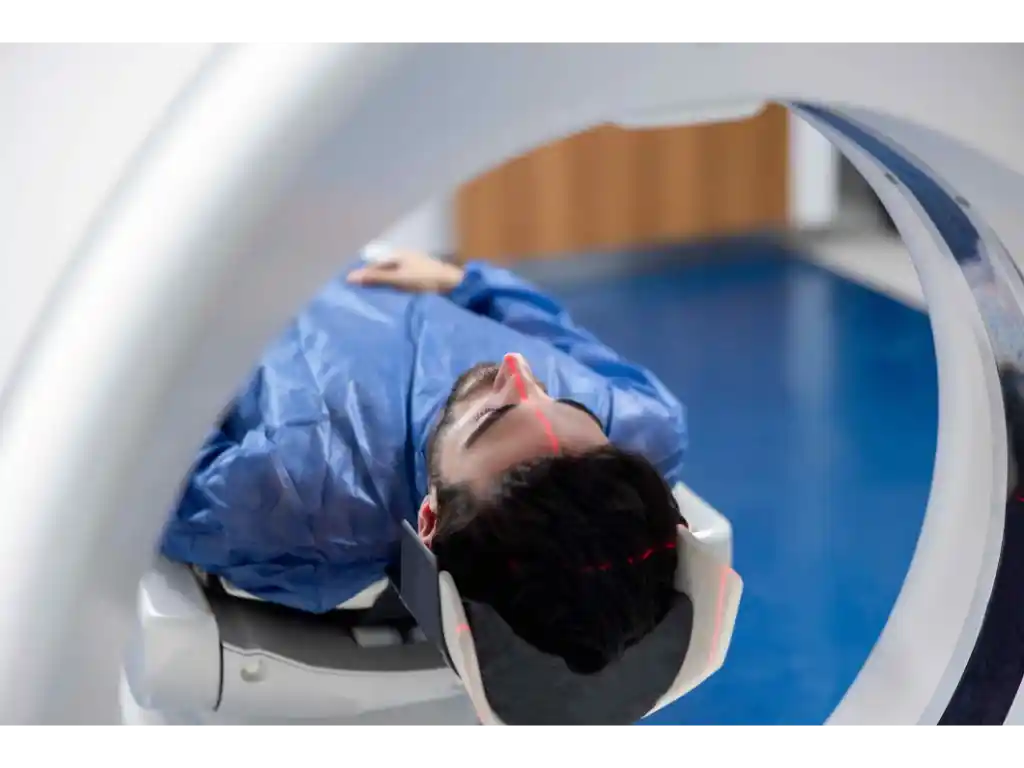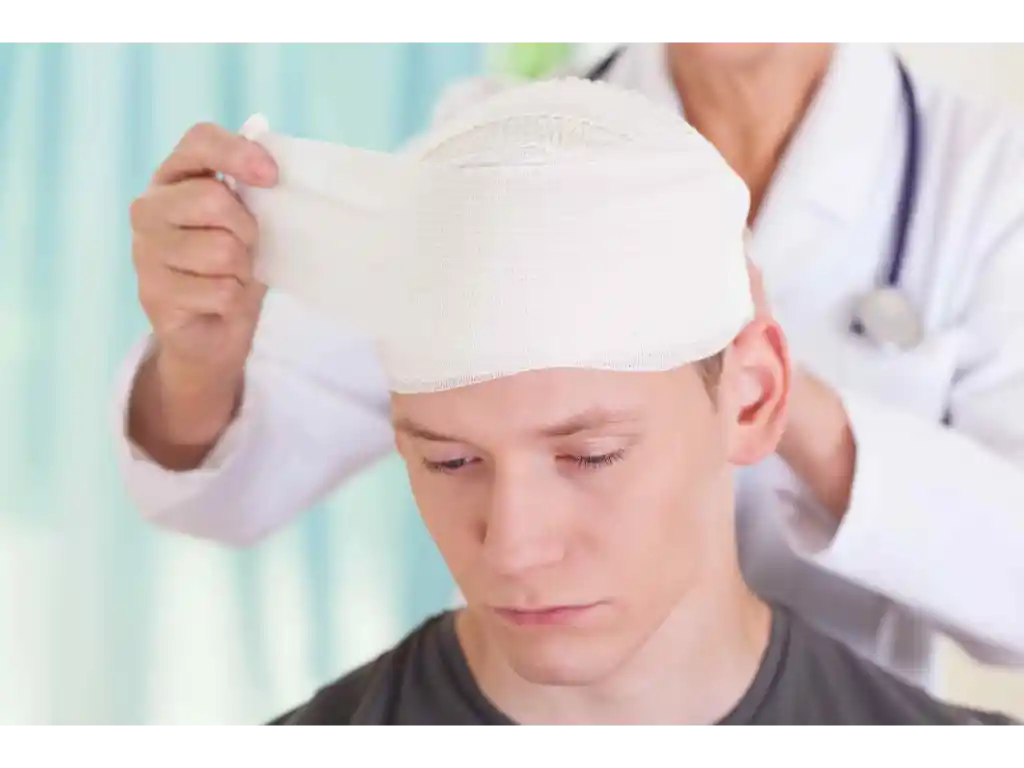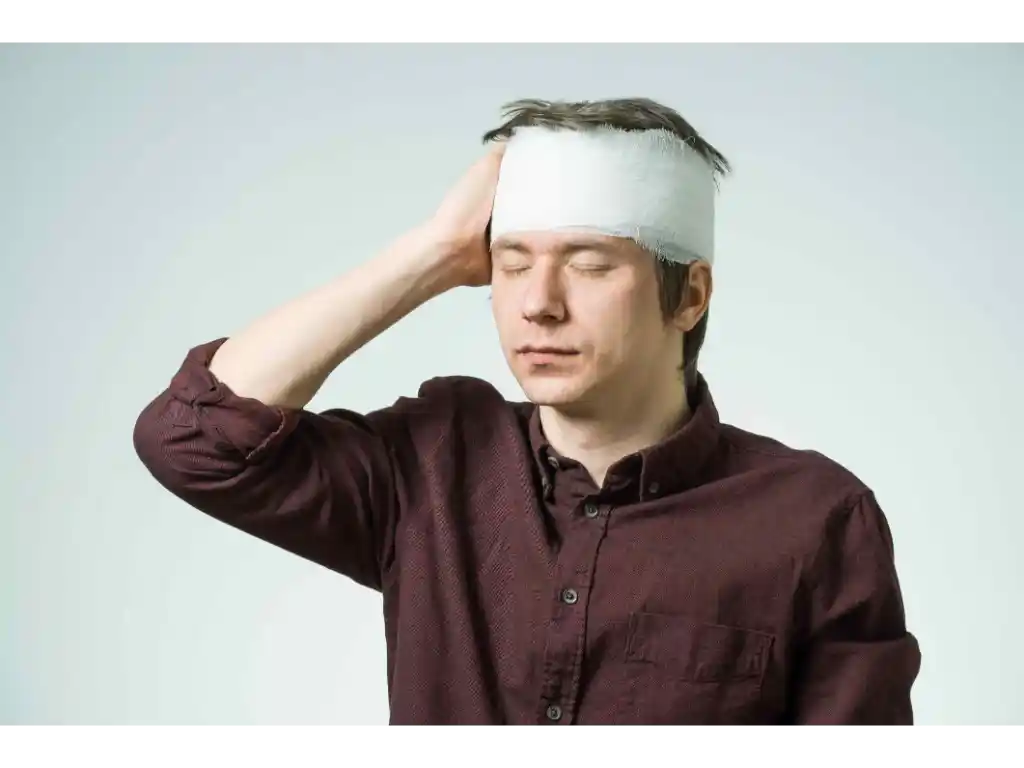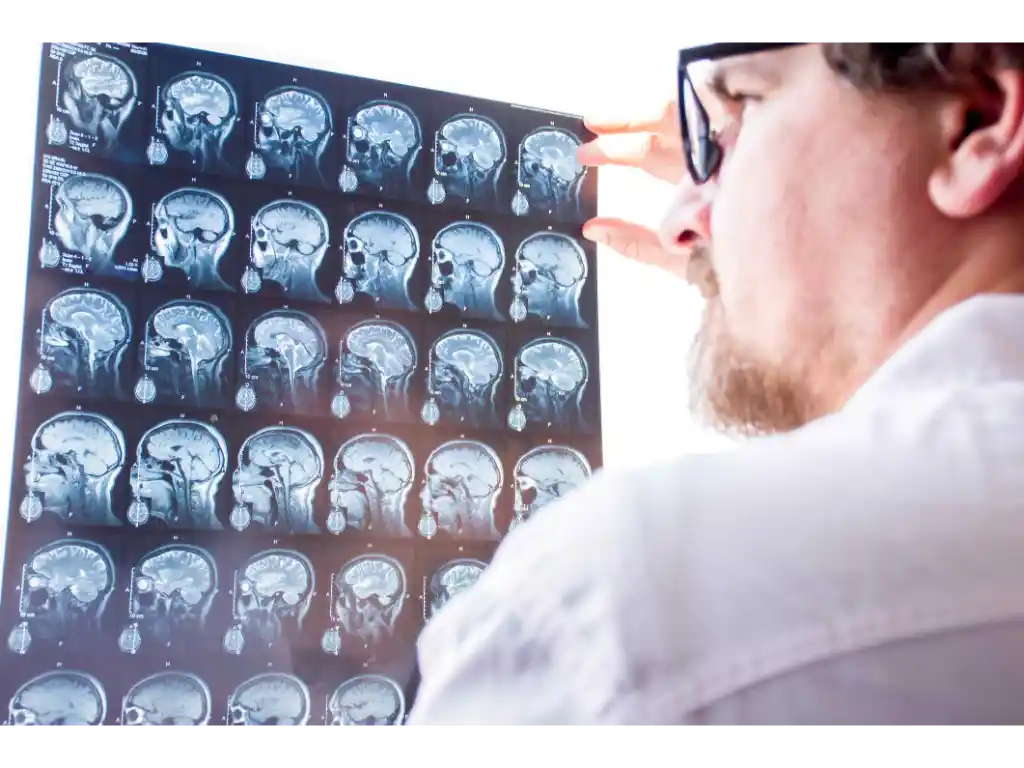
Researchers Show “Brain Glue” Can Treat Severe TBI
A new study from researchers at the University of Georgia’s Regenerative Biosciences Center shows the long-term benefits of using a hydrogel they call “brain glue,” to treat traumatic brain injury (TBI). The new study provides evidence that the gel protects against loss of brain tissue after a severe injury and also might aid in functional neural repair.
The brain damage that occurs after a severe TBI commonly results in extensive tissue loss and long-term disability. Currently, there are no clinical treatments to prevent the resulting cognitive impairments or tissue loss. However, the new findings from the UGA research team are the first to offer visual and functional evidence of the repair of brain neural circuits involved in reach-to-grasp movement in brain glue-implanted animals following severe TBI.
Speaking about the research, Lohitash Karumbaiah, an associate professor in the University of Georgia’s College of Agricultural and Environmental Sciences, said, “Our work provides a holistic view of what’s going on in the recovery of the damaged region while the animal is accomplishing a specific reach-and-grasp task.”
Karumbaiah crated “brain glue” in 2017. It was designed to mimic the structure and function of the meshwork of sugars that support brain cells. The gel contains key structures that bind to basic fibroblast growth factor and brain-derived neurotrophic factor. These two protective protein factors can enhance the survival and regrowth of brain cells after a person sustains a severe TBI.
While Karumbaiah’s previous study showed that brain glue protected brain tissue from severe TBI damage, his new research further engineered the delivery surface of protective factors to accelerate the regeneration and functional activity of brain cells. Results could be seen after 10 weeks. According to Karumbaiah, “Animal subjects that were implanted with the brain glue actually showed repair of severely damaged tissue of the brain. The animals also elicited a quicker recovery time compared to subjects without these materials.”
The research team used a tissue-clearing method to make brain tissue optically transparent so they could measure the glue’s effectiveness. This allowed them to visually capture the immediate response of cells in the reach-to-grasp circuit via 3D imaging. According to Karumbaiah, “Because of the tissue-clearing method, we were able to obtain a deeper view of the complex circuitry and recovery supported by brain glue.” Combining these methods with conventional electrophysiological recordings, researchers were able to verify that “brain glue supported the regeneration of functional neurons in the lesion cavity.”
Karumbaiah notes that the RTG circuit is evolutionarily similar in rats and humans. “The modulation of this circuit in the rat could help speed up clinical translation of brain glue for humans.”
The attorneys at Scarlett Law Group proudly take on traumatic brain injury cases across California. Please call our firm at 415-688-2176 or contact us online to schedule your case consultation if you or a loved one suffered a traumatic brain injury.
Ask A Question,
Tell Us Your Situation, &
Get A Free Consultation
Contact Us & We’ll Guide You Through Your
Next Steps!
Required Fields*
Your Information Is Safe With Us.
We respect your privacy. The information you provide will be used to answer your question or to schedule an appointment if requested.
Researchers Show “Brain Glue” Can Treat Severe TBI

A new study from researchers at the University of Georgia’s Regenerative Biosciences Center shows the long-term benefits of using a hydrogel they call “brain glue,” to treat traumatic brain injury (TBI). The new study provides evidence that the gel protects against loss of brain tissue after a severe injury and also might aid in functional neural repair.
The brain damage that occurs after a severe TBI commonly results in extensive tissue loss and long-term disability. Currently, there are no clinical treatments to prevent the resulting cognitive impairments or tissue loss. However, the new findings from the UGA research team are the first to offer visual and functional evidence of the repair of brain neural circuits involved in reach-to-grasp movement in brain glue-implanted animals following severe TBI.
Speaking about the research, Lohitash Karumbaiah, an associate professor in the University of Georgia’s College of Agricultural and Environmental Sciences, said, “Our work provides a holistic view of what’s going on in the recovery of the damaged region while the animal is accomplishing a specific reach-and-grasp task.”
Karumbaiah crated “brain glue” in 2017. It was designed to mimic the structure and function of the meshwork of sugars that support brain cells. The gel contains key structures that bind to basic fibroblast growth factor and brain-derived neurotrophic factor. These two protective protein factors can enhance the survival and regrowth of brain cells after a person sustains a severe TBI.
While Karumbaiah’s previous study showed that brain glue protected brain tissue from severe TBI damage, his new research further engineered the delivery surface of protective factors to accelerate the regeneration and functional activity of brain cells. Results could be seen after 10 weeks. According to Karumbaiah, “Animal subjects that were implanted with the brain glue actually showed repair of severely damaged tissue of the brain. The animals also elicited a quicker recovery time compared to subjects without these materials.”
The research team used a tissue-clearing method to make brain tissue optically transparent so they could measure the glue’s effectiveness. This allowed them to visually capture the immediate response of cells in the reach-to-grasp circuit via 3D imaging. According to Karumbaiah, “Because of the tissue-clearing method, we were able to obtain a deeper view of the complex circuitry and recovery supported by brain glue.” Combining these methods with conventional electrophysiological recordings, researchers were able to verify that “brain glue supported the regeneration of functional neurons in the lesion cavity.”
Karumbaiah notes that the RTG circuit is evolutionarily similar in rats and humans. “The modulation of this circuit in the rat could help speed up clinical translation of brain glue for humans.”
The attorneys at Scarlett Law Group proudly take on traumatic brain injury cases across California. Please call our firm at 415-688-2176 or contact us online to schedule your case consultation if you or a loved one suffered a traumatic brain injury.
Post tags
Table of contents
Related Blog Posts

Traumatic Brain Injury May Be a Risk Factor for Schizophrenia
Mental disorders are one of the most common outcomes of traumatic brain injury (TBI). About 1 in 3 individuals who sustain a TBI will develop depression in the following six months, and about half will…

Noise Sensitivity Following Mild Traumatic Brain Injury is a Predictor of Long-Term Post-Concussive Symptoms
The symptoms associated with mild traumatic brain injury (mTBI), also called concussion, typically resolve within a few weeks. One of the most common symptoms is noise sensitivity, which can cause discomfort and distress in loud,…

Is a Neuropsychological Exam Necessary After Suffering a Brain Injury?
After a person suffers a minor or severe brain injury, doctors often use MRI or C.T. scans to help identify lesions and determine if there is any neurocognitive dysfunction. However, even with a C.T. scan…

